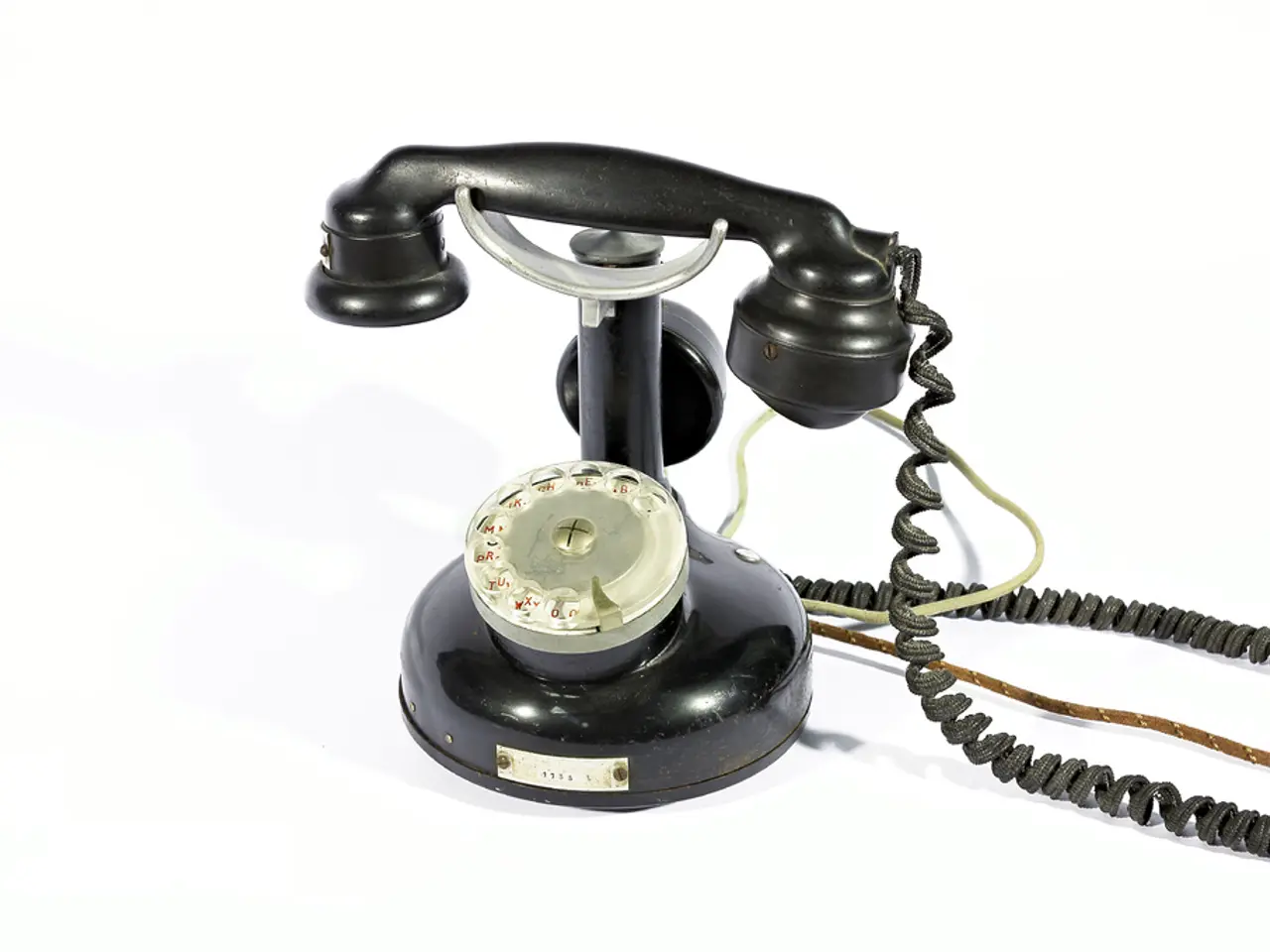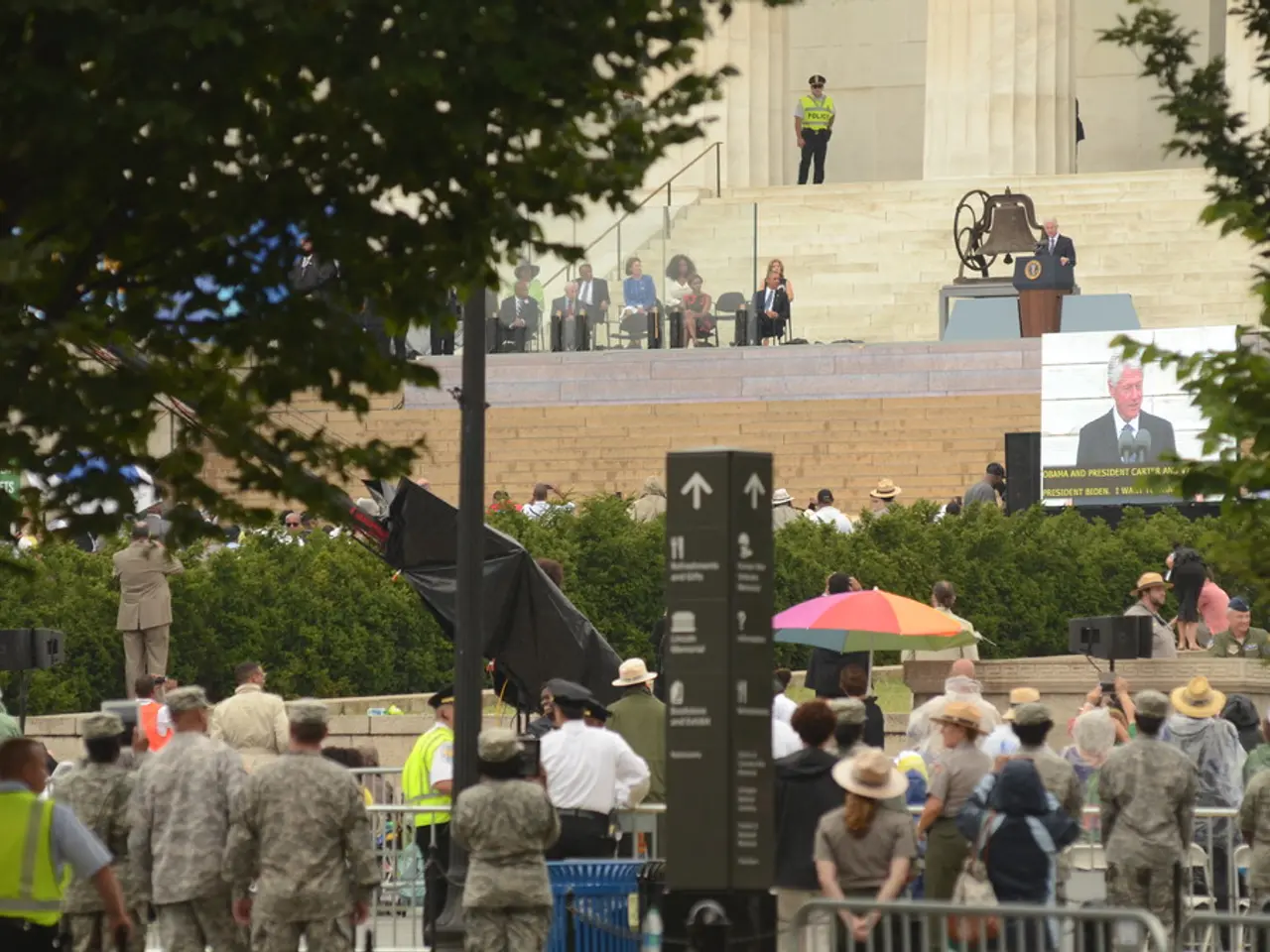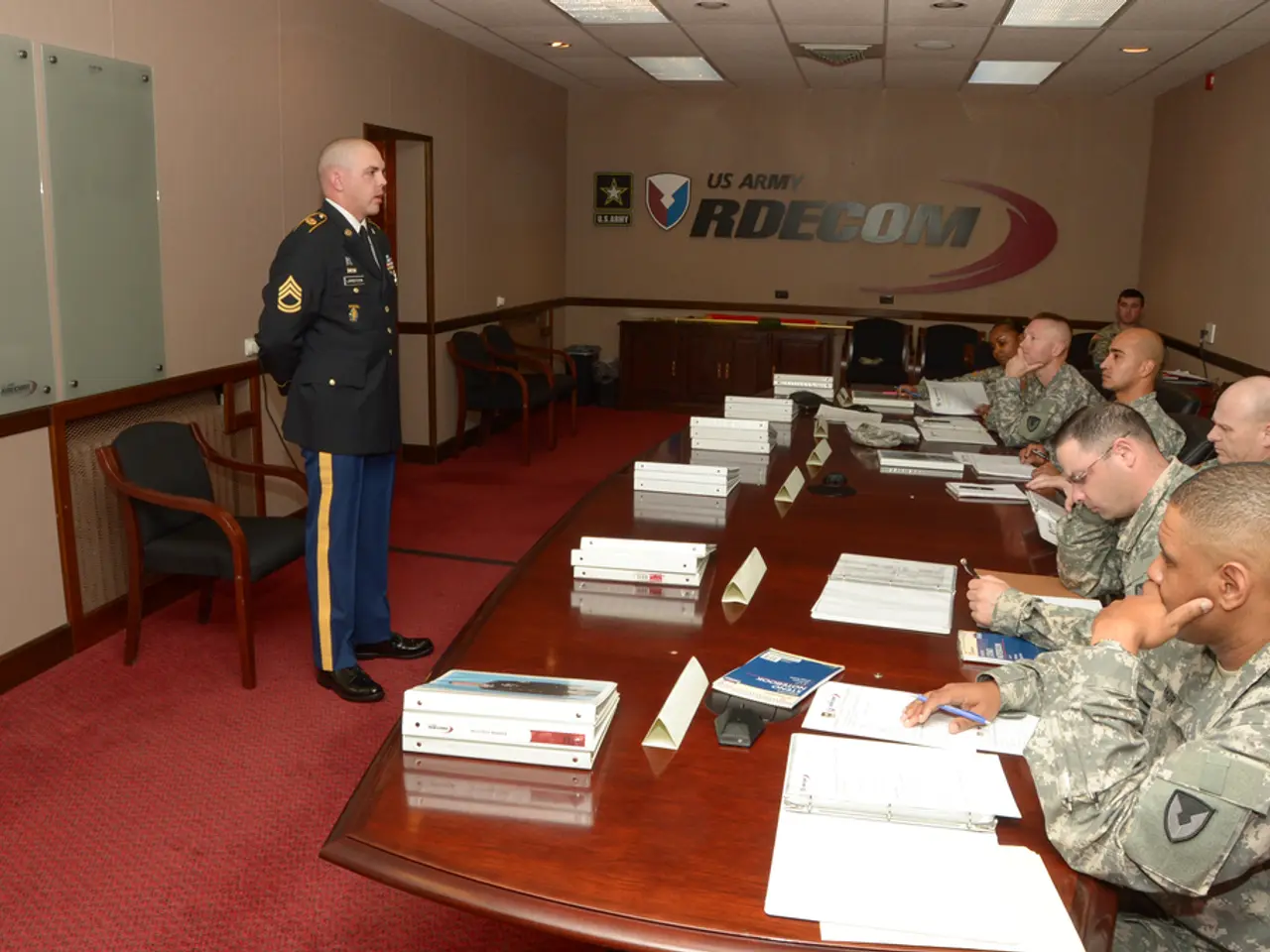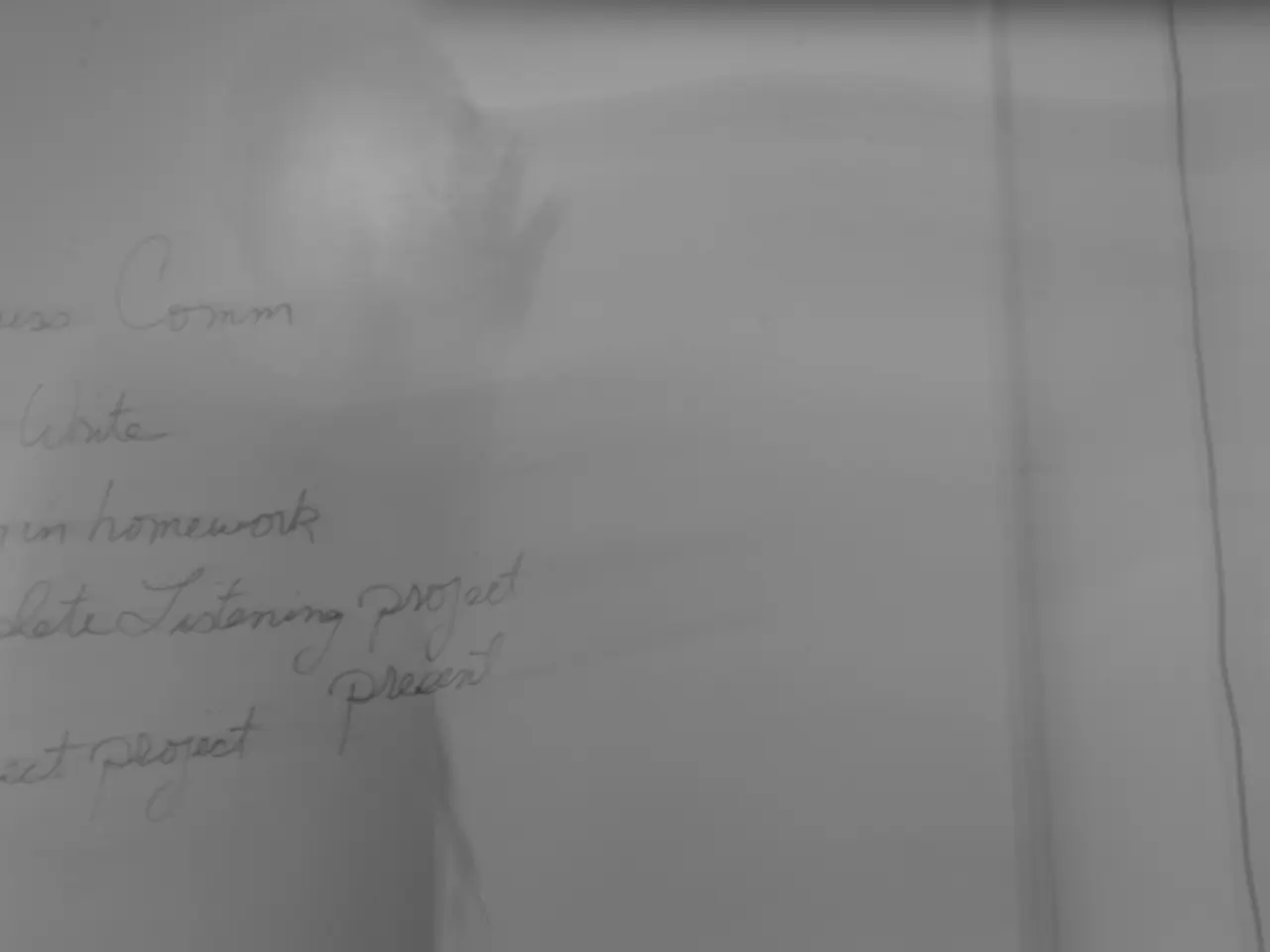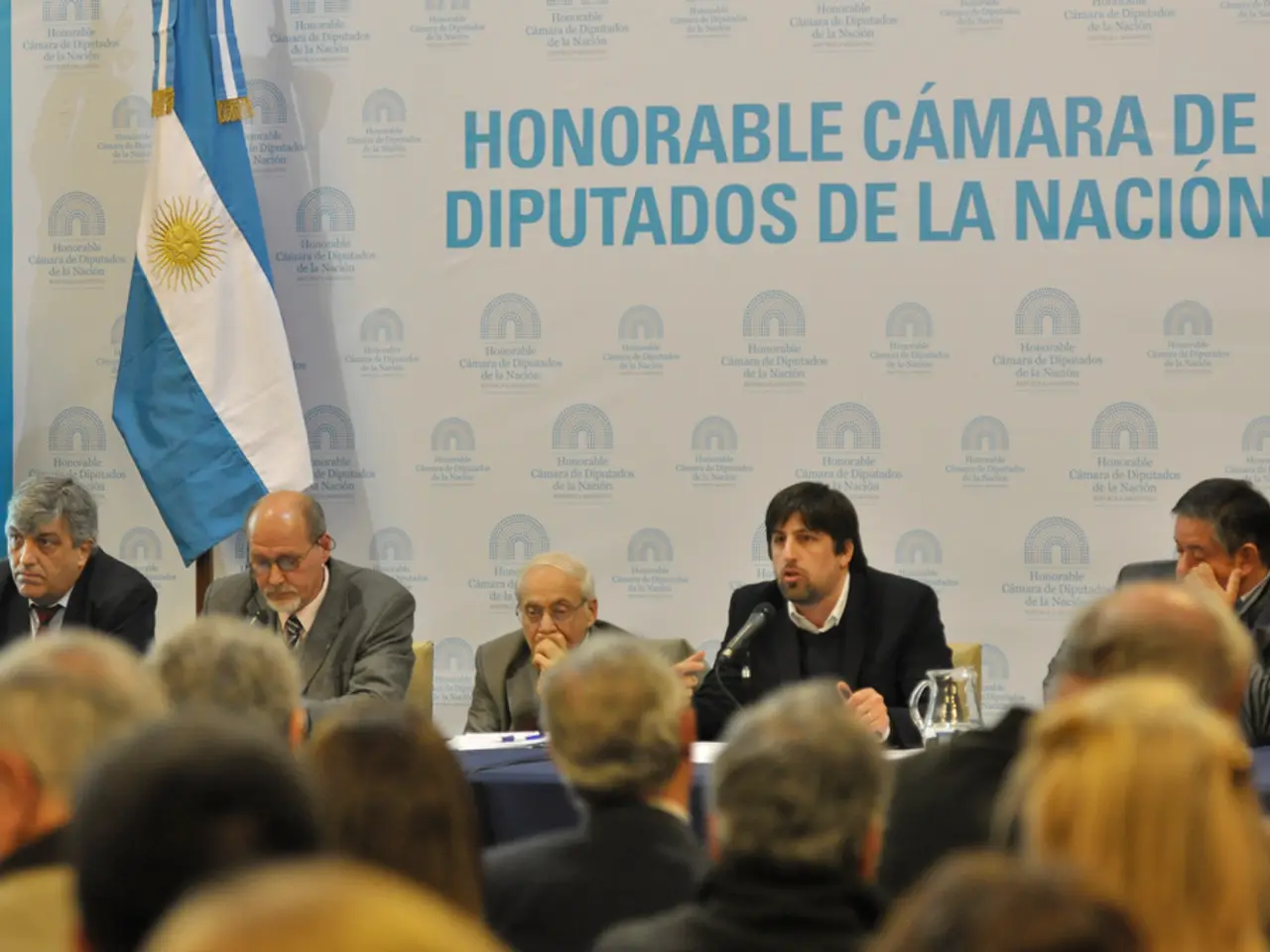Felon from Florida receives a five-year prison term for conducting a $100 million telecommunications fraud scheme
In a landmark case, Issa Asad, the former CEO and founder of Q Link Wireless, has been sentenced to five years in federal prison for masterminding one of the biggest fraud schemes involving the Federal Communications Commission (FCC) Lifeline program and money laundering connected to COVID-19 relief payments.
The investigation, which spanned from at least 2012 to 2021, uncovered that under Asad’s leadership, Q Link Wireless submitted false reimbursement claims to the Lifeline program, a scheme that provides discounted phone services to low-income Americans. The company falsified customer information, kept funds it was not entitled to, and used automated calls with false statements to maintain customers on service plans despite inactive or non-working phones.
Fara Damelin, of the FCC's Office of Inspector General, stated that Q Link stole funds from a key FCC program meant to serve low-income households. The fraud resulted in Q Link wrongfully obtaining over $100 million in Lifeline subsidies, part of a total financial penalty exceeding $128 million including restitution and forfeitures.
Asad also engaged in a separate fraudulent scheme involving COVID-19 pandemic relief funds. He laundered money obtained through false claims associated with the Paycheck Protection Program (PPP), misleading authorities by asserting that the pandemic had reduced Q Link’s Lifeline reimbursements while continuing fraudulent claims to retain government funds.
The financial penalties included more than $109.6 million paid to the FCC for Lifeline program restitution and over $1.75 million paid to the U.S. Small Business Administration related to the COVID relief fraud, as well as a $17.5 million personal forfeiture by Asad.
The case was prosecuted in the U.S. District Court for the Southern District of Florida, with Asad pleading guilty to conspiring to commit wire fraud and money laundering against these federal programs. The sentencing underscores one of the largest criminal FCC fraud cases in U.S. history and reinforces the enforcement against corrupt practices targeting programs designed to aid vulnerable populations.
The Lifeline program, a US government initiative, arranges discounted phone services for low-income people. Telcos receive funds from Washington to serve these customers. The case serves as a stark reminder of the importance of integrity and accountability in managing public funds intended for the benefit of the most vulnerable segments of society.
- The conviction of Issa Asad, former CEO of Q Link Wireless, highlights the need for stricter policy-and-legislation in the telecom sector, particularly regarding the Lifeline program, to prevent fraud and misuse of funds meant for low-income Americans.
- The General News headlines have been filled with stories of the mobile industry, including the practice of using AI for automated calls to maintain customers, and the subsequent crime-and-justice implications, as seen in the case of Q Link Wireless and Issa Asad.
- In light of the fraud committed by Issa Asad, the former CEO of Q Link Wireless, the importance of politics in guiding policy-and-legislation, ensuring transparency, and accountability in the telecom sector, specifically in relation to the Lifeline program, cannot be overstated.
